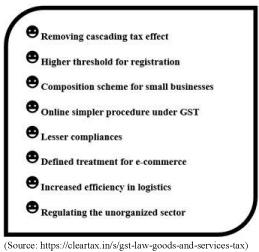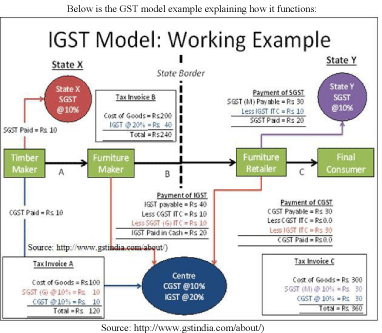
Editorial
Austin J Bus Adm Manage. 2018; 2(1): 1022.
Thoughts and Opinions on Demonetization of A Currency and GST, How It Impacts the Individuals of the Country
Payal Chadha
Department of Swiss Management Center University Zug, Kuwait
*Corresponding author: Payal Chadha, Swiss Management Center University Zug, Kuwait
Received: February 06, 2018; Accepted: February 14, 2018; Published: February 21, 2018
Editorial
How many follow the business world news daily? I am sure majority of us do. Last year on November 8, 2016, Demonetization of Indian Currency took place and created difficulty for common man with money withdrawal and transactions. This event was the same time when President Donald Trump won the elections. These were the two hot news then. This step of demonetization was taken by the Indian government to get rid of Black money transactions, and allow people to file for taxes with greater annual income of more than 2 lacs Indian Rupees.
As the Forbes website states, people were notified at a very short notice that the Indian currency notes of 500 and 1000, shall be discontinued. The Reserve Bank of India issued new currency notes of 500 and 2000. These started circulating in small amounts in the banks and eventually increased. But during this phase, the Indian people faced a lot of hassles with short supply and limited withdrawals from the ATMs. People could exchange only a certain amount of cash i.e. 2 lacs Indian Rupees.

Figure 1:

Figure 2:
It is a question to ponder on whether this step by the Indian government benefited people or did it create more problems for the common man? Did the Indian government take a right step towards the future? Increasing new denomination in a currency only decreases its value in the market. This only time will tell and show if the value of Indian currency increased or decreased. Another issue that occurred in India was the issue of new tax law called the GST.
Let’s see what GST stands for and what does it do. GST stands for Goods and Services Tax (clear tax, 2017). This law was passed in the Indian parliament on March 29, 2017 and came into effect on July 1, 2017 (clear tax, 2017). This tax was supposed to simplify transactions of purchase and cut costs. But it is affecting the common man as even while purchasing a cup of tea or coffee, they end up paying 18% on it, which takes a toll on the common man’s pocket. However, there are advantages to this system such as.